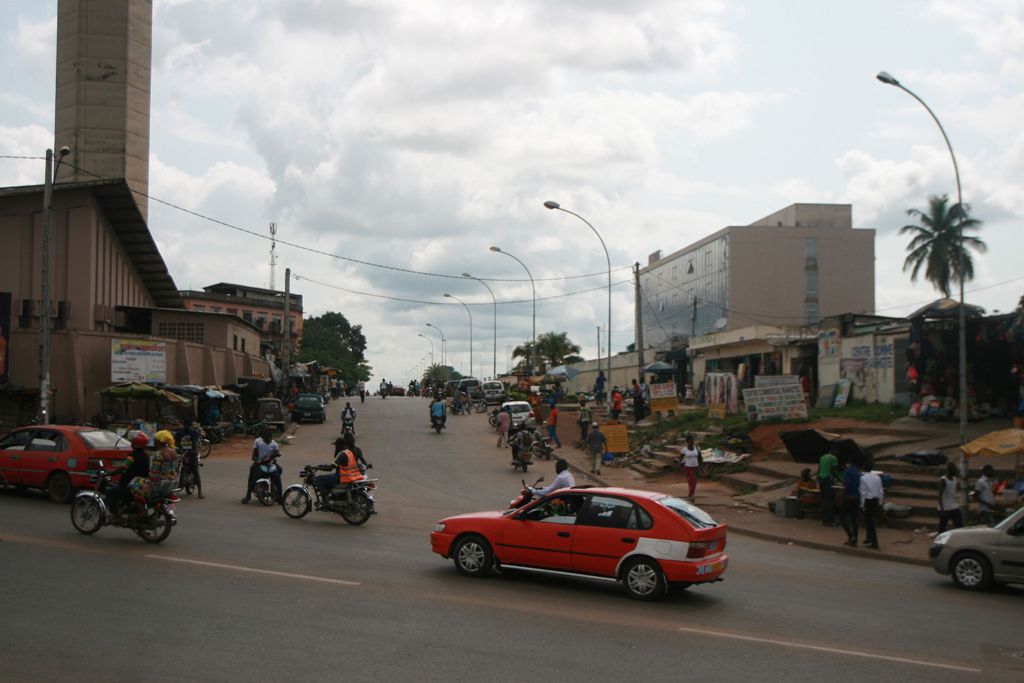Ivory Coast’s second largest city, Bouake is grooving football after years of trauma from armed conflicts and rebellion.
No more armoured tanks in sight. No more militia or child soldiers sitting in pick-ups and patrolling the streets on hooded faces with Kalashnikov rifles in hand. No more sporadic gunshots at nights, and no more fear of loyalist troops about to encircle and retake the city.
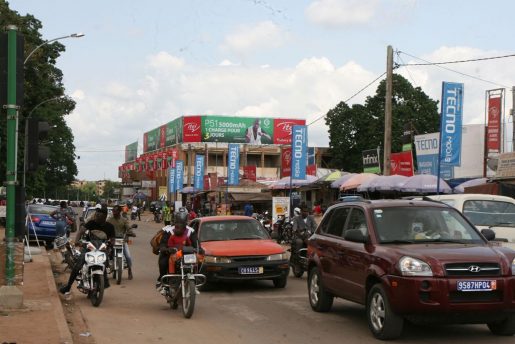
Bouake is now a peaceful place where professional footballers are enjoying the game once more, while the young ones are exploiting the large pavements and many dusty playgrounds to hone their skills hoping to become the next Didier Drogba or Yaya Toure.
However, it took more than a decade for leather balls to replace grenades; for referee whistles to replace military whistles; and for soccer shoes to overthrow ranger boots in the Ivorian city.
In September 2002, a failed military coup meant to oust then President Laurent Gbagbo degenerated into a rebellion that split the West Africa country of 322,000 km2 into almost two equal halves, with the loyalist government occupying the mostly Christian southern part, having Abidjan as its capital, and the MPCI rebel forces controlling the Muslim-dominated north, and using Bouake as a de facto capital.
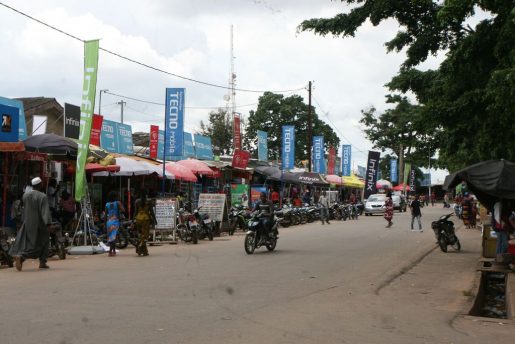
Most of Bouake’s half a million population fled down south, where life seemed to be safer, while others moved to neighbouring countries like Burkina Faso and Mali.
International forces composed of West African troops, United Nations Blue Beret and French soldiers were mandated by the UN Security Council to hold an interposition line between the two Ivorian factions to avoid a full-blown war.
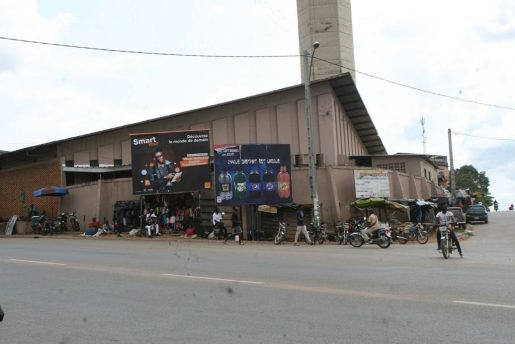
This did not prevent several clashes involving both sides that led to the killing of more than 2000 people including 1,200 civilians, according to the UN.
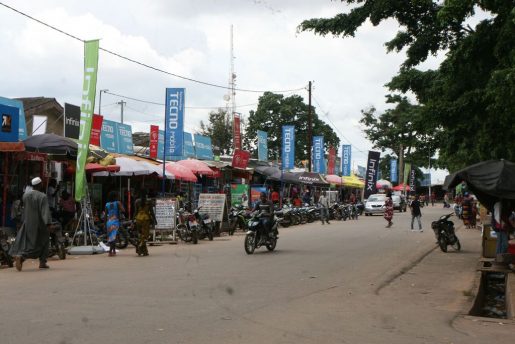
For many years, peace deals were brokered and broken on countless occasions, as Bouake turned a complete war field with literally no life and no football.
“Remember, the crisis started while a football tournament was holding here in Bouake. I was attending and suddenly we heard gunshots coming from nowhere, from everywhere. I managed to leave the stadium with my six-year-old son, who wanted to grow up to become a professional footballer. But he has long abandoned that dream because of the trauma from the war,” Kone Idrissa, a 47-year-old rice dealer told ACLSports.com in Bouake.
“We spent more about 10 years with no football or other sporting activities in the city. It was lifeless and dead. But today the Elephants are playing all their games here and that has brought back life and hope to the place.”
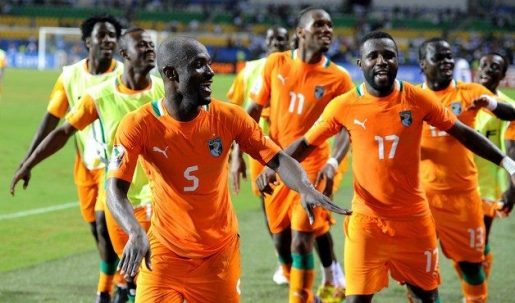
During the crisis, football played some roles of mediation when the national team, led by then captain Didier Drogba travelled to Bouake in 2004 to make a nationwide ceasefire call.
Although, that call fell on deaf ears at that time, locals believe it sprinkled seeds of unity, harmony and peace across the land which have germinated across the years and are beginning to bear fruits.
“Drogba was courageous and he loved his country and he knew every Ivorian is a football lover and believed even if the warring factions did not heed his call, the local population would do and begin to turn their attention to a positive future which is what we are seeing today,” Kouakou Albert, a 42-year-old secondary school teacher said.
“Even during the war, football united everybody. When Ivory Coast played, we watched on TV and we were all happy.”
All the football clubs based in Bouake moved south to other cities to run their domestic league campaigns.
Bouake and all the demographic zones under its authority suffered lack of football due to the absence of peace and security during that somber period of the country’s history. Football is akin to peace and life itself, Catherine Miesan, a 39-year-old tailor, who stayed put while others fled, affirmed
“Where ever you see people playing football, know that there is peace and security in that place. Know that there is life and hope and everything to dream about in that place,” she told ACLSports.com.
“I used to attend games every week and never missed any match when the Elephants came to play here. But it was something else during the war. Rebels took over the main stadium of the city and other sports infrastructure and began to carry out military training there.
“Instead of teaching the young boys how to take shots at goal post, they were been shown how to shoot at human beings – their fellow countrymen and women. Horrible!”
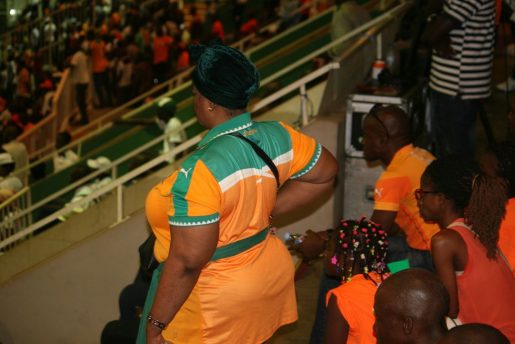
The conflicts eventually ended in 2011 following the election of current president Alassane Ouattara. Most of the former rebels were integrated in the country’s military.
The numerous checkpoints manned by rebel chiefs were dismantled across Bouake. Loyalist forces, the police and customs resumed regular services. Investors, scholars and traders returned en masse.
Football also returned, gladly, and has been improving in quality and gaining momentum among fans since then.
“It is a very emotional moment for me. I was once a rebel soldier. I carried arms all around the city. I disrupted peace and prevented football from holding, as we were asked not to allow huge gathering for fear of attack,” Ahmed Memot, a former militia said.
“But today, here I am in front of the stadium about to purchase a ticket to see the game between Ivory Coast and Gabon. The one lesson I learnt is: nobody can stop peace, nobody can stop football. I will tell the young ones to go for the round leather and never touch a gun. There is future, a great future in football!”










